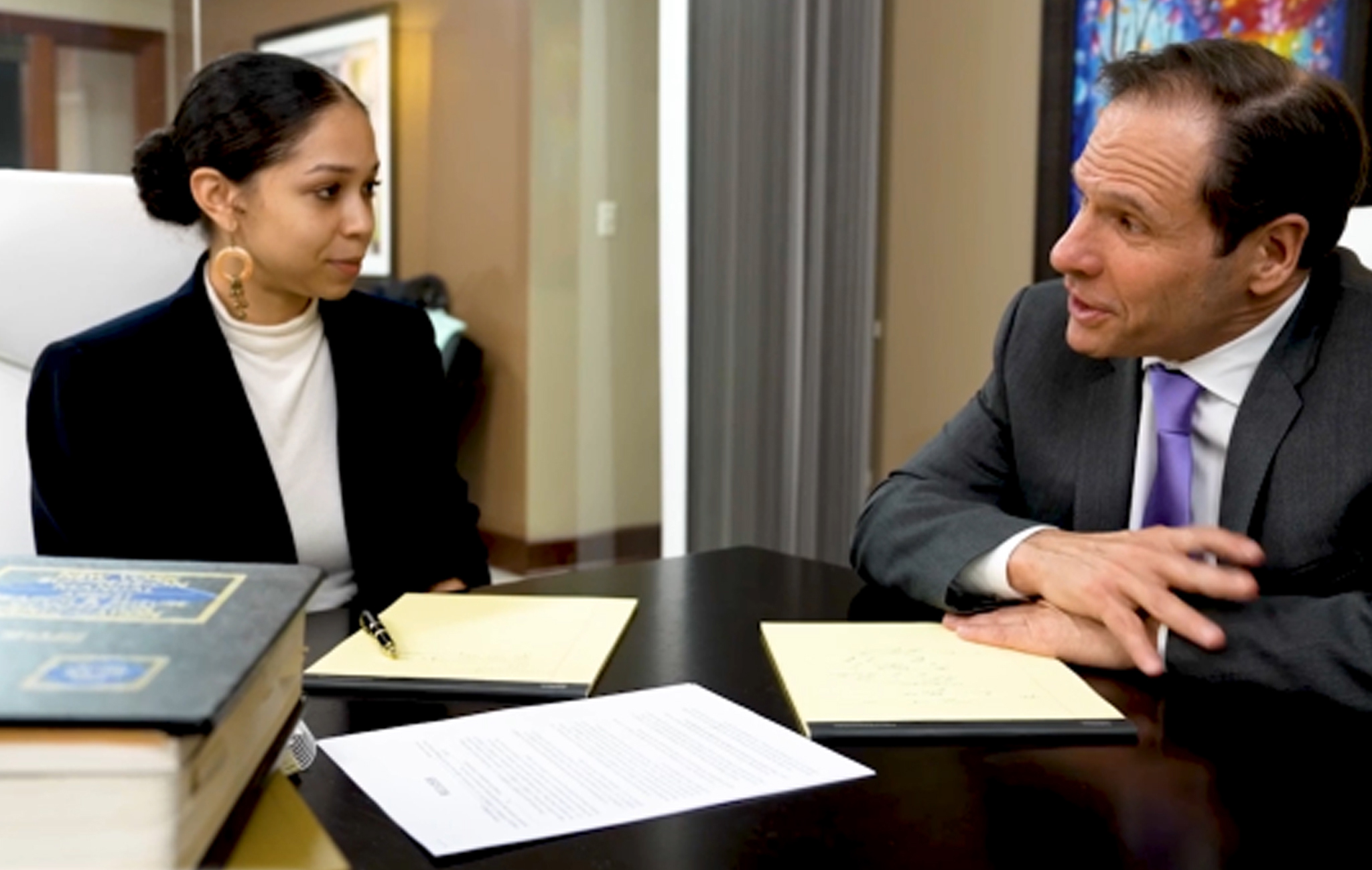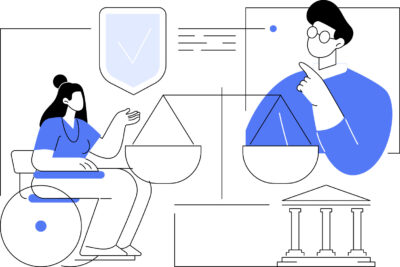
If you’ve been injured due to someone else’s negligence, filing a personal injury lawsuit may be the best way to secure the compensation you deserve. However, the legal process can seem daunting if you’re unfamiliar with what to expect. This step-by-step guide breaks down the process so you can navigate it with confidence.
1. Initial Consultation
The first step in any personal injury lawsuit is meeting with an attorney. During this consultation, you’ll discuss:
- The details of your case (what happened, who was involved, and the impact on your life).
- The evidence you’ve collected, such as medical records, photos, or witness contact information.
- Your attorney’s assessment of the case’s potential success.
- This meeting is often free, and it’s your chance to ask questions and ensure the attorney is a good fit for your needs.

2. Investigation and Case Preparation
Once you hire an attorney, they will begin investigating your claim. This step includes:
- Gathering and organizing evidence, including police reports, medical records, and witness statements.
- Consulting with experts, such as accident reconstruction specialists or medical professionals, to strengthen your case.
- Calculating the damages you’re entitled to, including medical bills, lost wages, and pain and suffering.
- Your attorney will also notify the defendant (the person or entity you’re suing) about your claim.
3. Filing the Lawsuit
If negotiations with the defendant or their insurance company don’t lead to a settlement, your attorney will file a formal lawsuit. This step officially begins the litigation process.
The lawsuit includes:
- A complaint, which outlines your case and the compensation you’re seeking.
- A summons, notifying the defendant of the lawsuit and their legal obligation to respond.
4. Discovery Phase
During discovery, both sides exchange information to build their cases. This phase can include:
- Interrogatories: Written questions each party must answer under oath.
- Depositions: Sworn testimony from witnesses, experts, and the parties involved.
- Document requests: Obtaining records, such as emails, contracts, or medical reports.
- Discovery ensures that both sides have a full understanding of the facts before proceeding.
5. Settlement Negotiations
The majority of personal injury cases are resolved before going to trial. Your attorney and the defendant’s legal team will negotiate a settlement that compensates you fairly. During this process, your attorney may use the evidence and expert testimony gathered during discovery to argue for the maximum compensation. If both sides agree on a settlement, the case is resolved, and you’ll receive your payment without the need for trial.
6. Mediation or Arbitration
If negotiations stall, the case may proceed to mediation or arbitration:
- Mediation: A neutral third party helps both sides reach a voluntary agreement.
- Arbitration: A third party reviews the evidence and makes a binding decision.
These options are often faster and less expensive than a full trial.
7. Trial
If no settlement is reached, your case will go to trial. Here’s what to expect:
- Opening Statements: Both sides present an overview of their arguments.
- Presentation of Evidence: Witnesses testify, and attorneys present evidence to support their claims.
- Closing Arguments: Each side summarizes their case for the jury.
- Verdict: The jury (or judge in a bench trial) decides whether the defendant is liable and determines the compensation amount.
- Trials can be unpredictable, but your attorney will guide you through every step.
8. Post-Trial Actions
After the trial, several outcomes are possible:
- If you win, you’ll receive your compensation.
- The defendant may file an appeal, which could delay payment.
- If you lose, your attorney will discuss next steps, such as the possibility of filing an appeal.
How Long Does a Personal Injury Lawsuit Take?
Personal injury lawsuits can take anywhere from a few months to several years, depending on the complexity of the case, the willingness of both sides to negotiate, and the court’s schedule.
A personal injury lawsuit can be a complex process, but having an experienced attorney by your side ensures you’re prepared for every step. Whether your case settles or goes to trial, the goal is to secure the compensation you need to move forward.
If you have questions about your case or need legal advice, don’t hesitate to contact a trusted personal injury attorney today.

